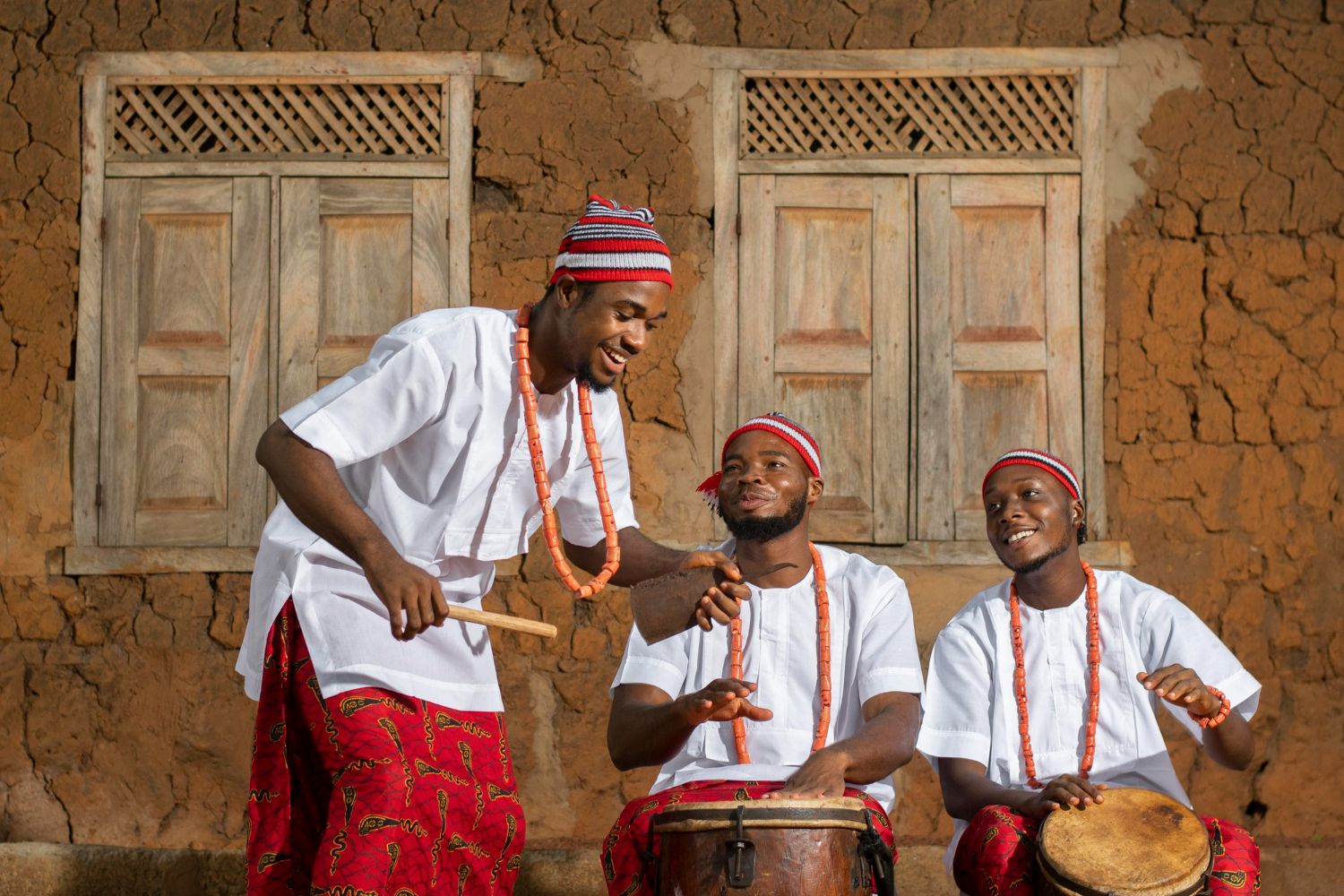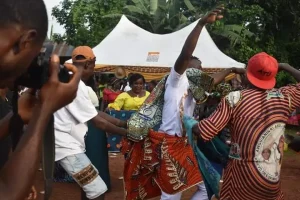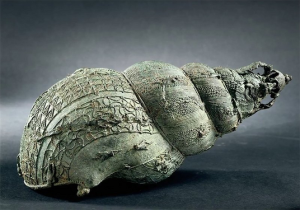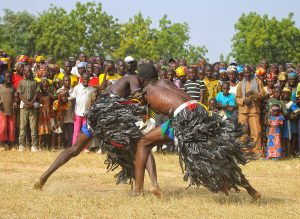Essential elements of Igbo life, traditional music, and dance convey the people’s history, values, and social consciousness. Deeply ingrained in the life of the community, these artistic expressions are an important part of religious rites, social events, and entertainment. Emulating the rich cultural legacy of the Igbo people, they highlight their inventiveness, mysticism, and group energy. Examining how traditional Igbo music and dance still impact and define the identity of the Igbo people, this article explores its importance, aspects, and modern relevance.
Significance of Music and Dance in Igbo Culture
Music and dance are not just means of pleasure in Igbo culture; they are also fundamental for the social and spiritual lives of the people. Along with celebrating harvests, holidays, and religious rites, they commemorate significant life events like births, weddings, and burials. Storytelling also makes use of music and dance, which assist in transmitting moral teachings, historical accounts, and community ideals.
The Igbo people believe that music may speak to the supernatural realm. Rituals often call for it to call forth gods, respect ancestors, and seek blessings or protection. To guarantee the welfare of society, several rhythms, songs, and dances connected with particular gods are carried out at religious events. Music and dance therefore act as a link between the physical and spiritual domains, thereby strengthening the link of the community to its ancestral origins.
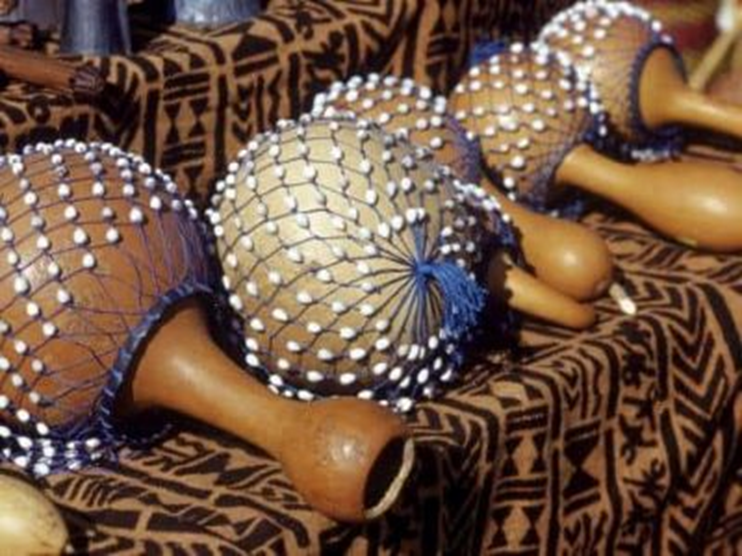
Elements of Traditional Igbo Music
The use of many traditional instruments, lyrical richness, and rhythmic complexity define traditional Igbo music. Usually incorporating several people who participate via singing, drumming, clapping, and instrument playing, the music is communal. Typical components of traditional Igbo music are as follows:
Traditional instruments abound in Igbo music, each with a special sound and function. Among the most often used percussion instruments are the udu—a clay pot drum—ogene—a metal gong—ekwe—a slit drum—and igba—a timber drum. Melodic layers are added to the song by string instruments such the ubo (thumb piano) and wind instruments including the oja, a wooden flute. Often handcrafted from locally obtained materials, these instruments express the relationship of the people to the environment.
Singing is a major component of Igbo music; songs are handed down through the years. Usually including call-and-response patterns—where a lead singer or group yells out a phrase and the listener or chorus responds—vocal performances may be solo or choral. This collaborative approach of singing helps the audience and the performers to feel unity and involvement.
Igbo music is renowned for its complex rhythms, produced by the interactions among many percussion instruments. Often polyrhythmic—that is, numerous rhythms are performed concurrently—this produces a rich and dynamic sound. Typically straightforward yet powerful, Igbo music uses vocal harmonies to accentuate the emotional impact of the tunes.
Igbo songs’ lyrics can mirror the experiences, ideas, and values of the society. They could honor heroic actions, show group cohesion, or transmit moral and intellectual ideas. Songs worship gods and ancestors, pay respect to leaders, and mark historical events as well as Igbo music is a potent instrument for cultural transmission as its topics are closely related to the social and spiritual life of the society.
Traditional Igbo Dance
Igbo music is complemented well by dance, wherein the two are usually inseparable in practice. Using complex footwork, body motions, and gestures, traditional Igbo dance is a vivid and energetic statement of the cultural identity of the people. Every dance has a unique rhythm, technique, and goal; it is usually carried out for celebrations, ceremonies, and rituals involving groups.
Traditional dances abound in Igbo society, each connected to a certain event or use. Young men and women execute the fast-paced, acrobatic Atilogwu dance, for instance, at festivities and holidays. Women performing the elegant and rhythmic Egwu Amala dance attend social events and celebrations. Celebrating femininity and fertility, the Nkwa Umuagbogho is a dance of young maidens distinguished for grace and beauty carried out at celebrations.
Traditional Igbo dances are often presented in ornate clothes that accentuate the performance’s visual attractiveness. Dancers dress in vibrant colors from locally woven textiles, accessorizing with cowries, feathers, and beads. These costumes have symbolic connotations connected to the goal of the dance and the cultural values of the society, not just cosmetic ones. Common is also body painting utilizing natural colors with designs reflecting the dancers’ duties and the event under celebration.
Igbo dances are full of symbolism; every movement and gesture has particular connotations. Using their body to transmit information and tell tales, dancers often imitate the motions of animals, soldiers, or farmers. In the Atilogwu dance, for instance, the vigorous motions reflect the vitality and energy of youth; in the Ogene dance, the dancers’ gestures can stand for the power and harmony of society. Using dance, the Igbo people convey their values, history, and perspective in an approachable and interesting manner for every part of the society.
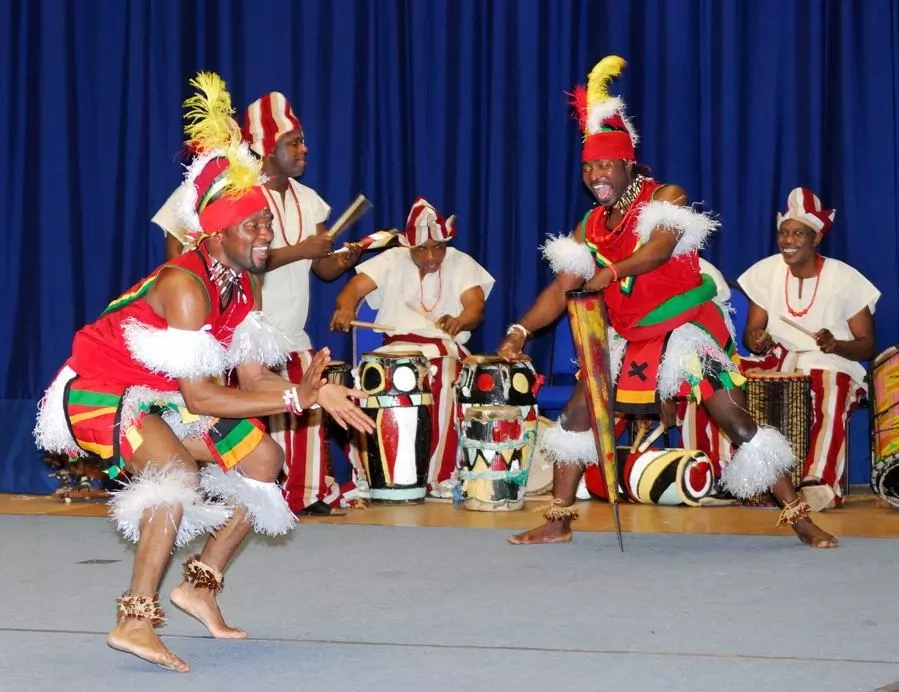
Ritual and Religious Dance
Apart from social and festive dances, the Igbo people carry out ceremonial dances in line with religious events. Usually carried out by certain groups—such as priests, priestesses, or initiated members of covert societies—these dances are meant to call forth the presence of gods, honor ancestors, or seek divine intervention. Usually, more somber and spiritual in tone, ritual dances include the dancers adopting a trance-like condition to communally connect with the spiritual realm.
Performing masquerades representing ancestral spirits or deities, the Mmanwu dance is among the most important ceremonial dances. Believing their dances to offer blessings, protection, and direction to the community, the masquerades dress in ornate costumes and masks. The Mmanwu dance is a powerful statement of the Igbo people’s conviction in the continuation of life and the presence of their ancestors in their everyday existence.
Contemporary Relevance and Challenges
Traditional Igbo music and dance remain indispensable in the cultural life of the community despite the demands of modernism and globalization. Both in Nigeria and the diaspora, many Igbo people work to conserve and advance these artistic forms as markers of their cultural background. Schools teach traditional music and dance; they are also performed at cultural events and incorporated into contemporary entertainment like theater and movies.
Still, the survival of traditional Igbo dance and music confronts formidable obstacles. Changes in the way these traditions are carried out and seen result from Western music and dance forms, urbanization, the growth of Christianity and Islam, and other influences. Sometimes ancient dances and melodies are being lost or changed, and the techniques needed to execute them are not being taught to the next generations.
Through cultural preservation projects including recording, study, and the creation of cultural institutions and events, attempts are being made to meet these obstacles. These projects seek to preserve traditional Igbo music and dance, therefore guaranteeing that they remain a dynamic and integral component of the cultural fabric of the society.
Conclusion
Core to Igbo culture, traditional music, and dance are representations of the spirituality, social values, and cultural legacy of the people. Using their rhythms, melodies, gestures, and symbolism, these art forms link the Igbo people to their history, present, and future, therefore strengthening their feeling of belonging and identity. While modern problems endanger the survival of these customs, continuous attempts to protect and advance traditional Igbo music and dance provide hope for their continuing relevance and vibrancy. The traditional music and dance of the Igbo people remain potent means of cultural expression and continuity even as they negotiate the complexity of contemporary life.
Please read all our stories on African Culture here
